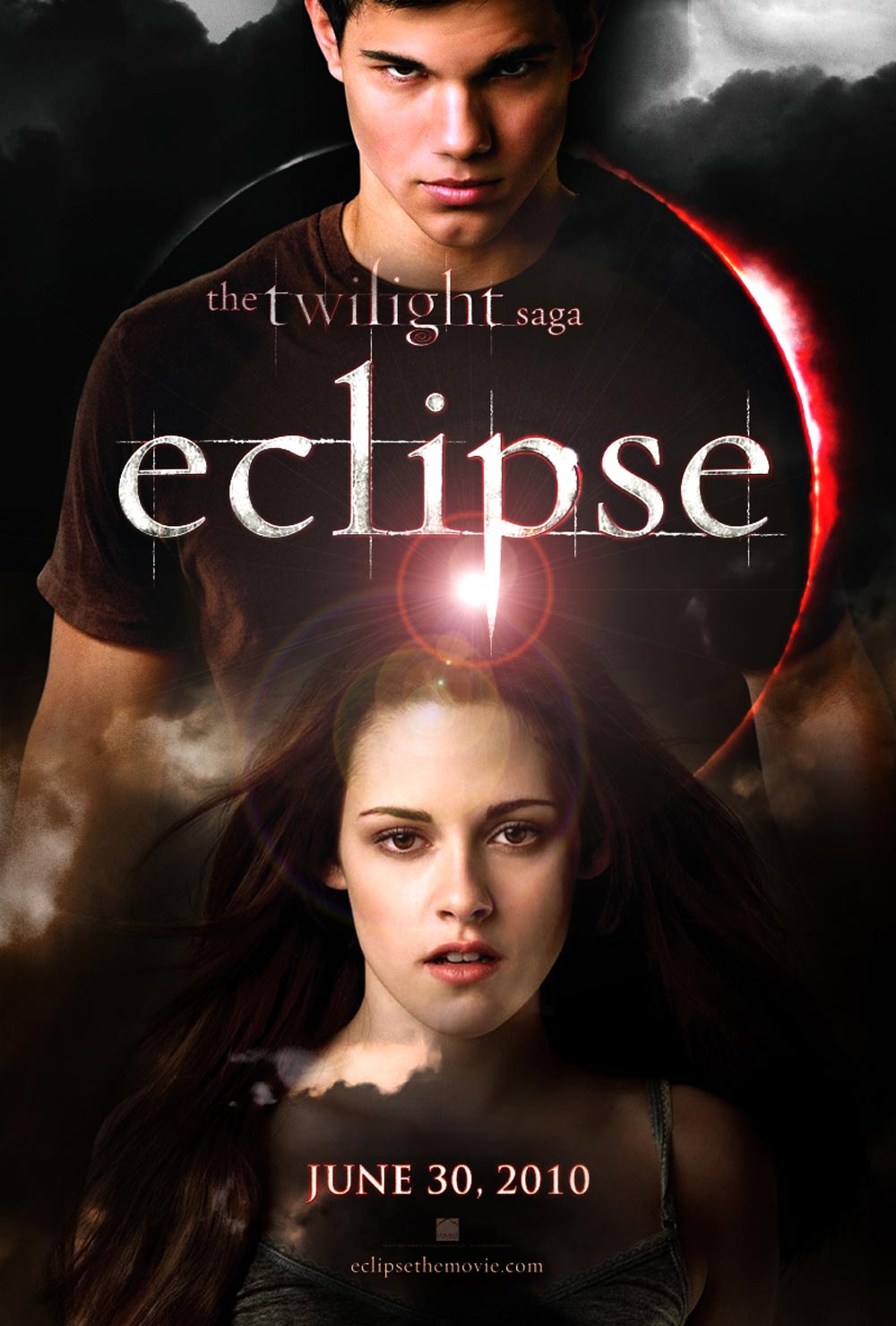The MKV movie format has gained immense popularity in recent years, becoming the go-to choice for many video enthusiasts and filmmakers. In this article, we will explore the intricacies of the MKV format, its advantages, and how it compares to other video formats. Whether you are a casual viewer or a professional in the film industry, understanding MKV movies can enhance your viewing experience and improve your content creation skills.
With the rise of high-definition content and the increasing demand for high-quality video formats, MKV has emerged as a robust solution for storing and sharing movies. This article aims to provide thorough insights into MKV movies, including their features, benefits, and best practices for usage. By the end of this piece, you will have a comprehensive understanding of MKV movies and how to utilize them effectively.
Let’s dive into the world of MKV movies, exploring their definition, history, and technical specifications that make them a popular choice among video formats. From their compatibility with various devices to their ability to support multiple audio and subtitle tracks, MKV movies have much to offer to users around the globe.
Table of Contents
- What is MKV?
- History of MKV Format
- Features of MKV Movies
- Advantages of Using MKV Format
- Disadvantages of MKV Format
- MKV vs Other Video Formats
- How to Play MKV Files
- Conclusion
What is MKV?
MKV, short for Matroska Video, is an open-source multimedia container format that can hold an unlimited number of video, audio, picture, or subtitle tracks in a single file. This format is designed to serve as a universal format for storing common multimedia content, such as movies and TV shows. The versatility of the MKV format makes it a popular choice for both content creators and consumers.
Technical Specifications of MKV
- Support for multiple audio and subtitle tracks
- High-quality video encoding
- Compatibility with various codecs (H.264, H.265, etc.)
- Metadata support for organizing and categorizing files
History of MKV Format
The MKV format was developed by the Matroska team in 2002. The aim was to create a free and open standard for multimedia container formats, which would allow users to store various types of audio and video content in a single file. Over the years, MKV has evolved significantly, gaining support from numerous media players and platforms.
Features of MKV Movies
MKV movies come with a range of features that set them apart from other video formats. Here are some notable features:
- Multiple Tracks: MKV can store multiple audio and subtitle tracks, making it ideal for international movies and shows.
- Chapters: MKV files can include chapter markers, allowing users to navigate easily through large video files.
- Metadata: MKV supports rich metadata, which helps in categorizing and organizing video content.
- High Quality: MKV files can maintain high video quality while compressing the file size, thanks to efficient codecs.
Advantages of Using MKV Format
There are several advantages to using the MKV format for your video files:
- Versatility: MKV files can contain different types of video, audio, and subtitle formats, making them incredibly versatile.
- Open Source: Being an open-source format, MKV is free to use and distribute, which encourages widespread adoption.
- High Compatibility: Most modern media players support MKV files, ensuring that users can play their content on various devices.
- Support for High-Quality Video: MKV is capable of supporting high-definition video content without significant loss in quality.
Disadvantages of MKV Format
While MKV has numerous advantages, it is also essential to be aware of its disadvantages:
- File Size: MKV files can be larger than other formats, especially if they contain high-quality video and multiple tracks.
- Compatibility Issues: Although most players support MKV, some older devices may not be able to play MKV files.
- Complexity: The MKV format can be complex, which may cause issues when editing or converting files.
MKV vs Other Video Formats
When comparing MKV to other video formats, it is essential to understand the differences and unique features of each format. Here's a brief comparison:
MKV vs MP4
MP4 is another popular multimedia format, often used for streaming and sharing content. While both MKV and MP4 can support high-quality video, MKV is more versatile and can hold more tracks. However, MP4 is more widely compatible with older devices.
MKV vs AVI
AVI is an older video format that tends to have larger file sizes compared to MKV. While AVI files are widely compatible, they do not support as many features as MKV, such as multiple audio and subtitle tracks.
How to Play MKV Files
Playing MKV files is straightforward. Here are some popular media players that support MKV format:
- VLC Media Player
- KMPlayer
- PotPlayer
- Media Player Classic
Simply download and install one of these players, and you will be able to play MKV files without any issues.
Conclusion
In summary, MKV movies are a powerful and versatile format that offers numerous advantages for users looking to store and share high-quality video content. With their support for multiple audio and subtitle tracks, as well as rich metadata, MKV files provide an excellent solution for both casual viewers and professionals alike.
If you haven’t explored the MKV format yet, now is the perfect time to start. Consider trying out some MKV files and experience their benefits firsthand. Feel free to leave a comment below, share this article, or explore more articles on our site for additional insights!
Thank you for reading, and we hope to see you back on our site soon for more exciting content!




